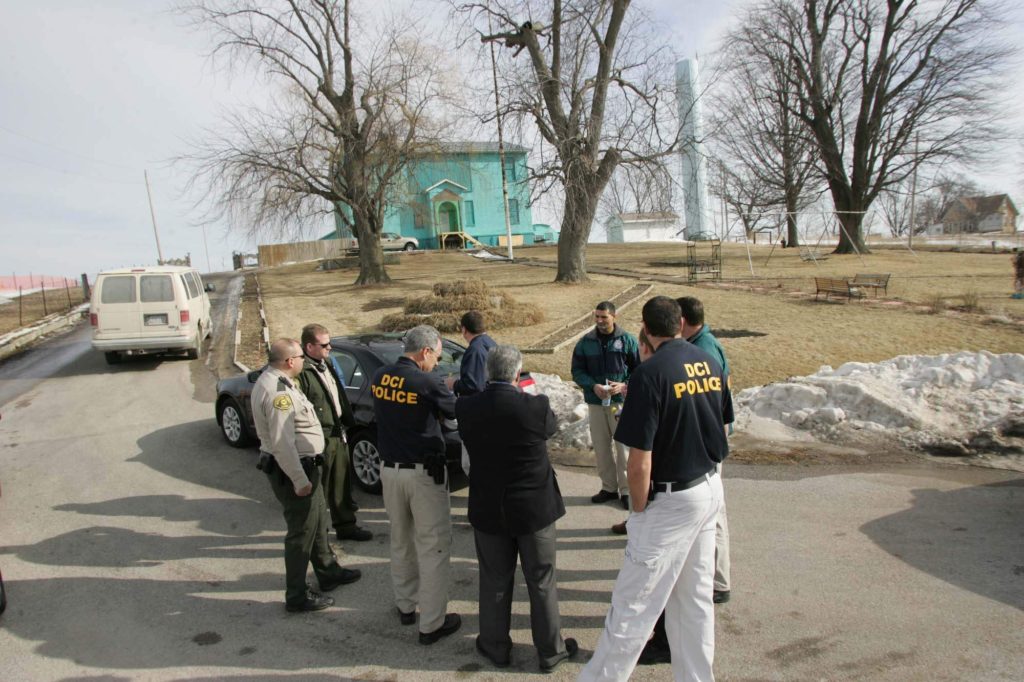It is hard to forget the Atalissa Boys, especially when the ugliness repeats.
Four men with intellectual disabilities were recently removed from a rundown bunkhouse in the small town of Newberry, S.C. Like the men from Atalissa, the four are former employees of now disgraced Henry’s Turkey Service. Their horrendous treatment is being investigated by several government agencies.
In the late 1960s, these men were recruited, mostly from Texas state institutions, to learn turkey insemination and work in various Henry processing plants. Ultimately living in squalor and earning scant wages, the men toiled for decades. One of the South Carolina men, for instance, went to work for Henry’s when he was 18. He was 64 when finally removed from the bunkhouse.
This man, Leon Jones, is a brother to Carl Wayne Jones, 65, who lived in the Atalissa facility. Carl now resides in an Iowa home he shares with three other men and has access round the clock care.

The company believed the disabled men were given a chance at a life when they were plucked from state-run institutions, taught agricultural skills and given employment under a federal law that permitted wages based on productivity. Even earning lower wages, however, most of the men’s pay was recouped to cover room, board and other expenses. After deductions, it was estimated the Atalissa crew earned about $65 each month. The bunkhouses fell in to squalor, the workers were further neglected.
Once the extent of abuse was known, Henry’s was handed a fine of $240 million, which was the largest jury verdict in the history of the Equal Employment Opportunity Commission. The fines have, of course, been reduced.
Despite the good intentions of some to do the right thing, the shame remains.
It would be easiest to believe the men were out of sight and out of mind. They were working and making their own way, which is what the 1938 federal law encouraged. But to say abuse happened simply because no one was paying attention would be wrong.
In 1974, just a few years after the young men from Texas had been relocated in Iowa, a state social worker wrote a memorandum raising concerns, going as far as to label what he’d seen as “obscene.”
Concerned phone calls were made. Suspicious activity was reported. Watchdogs and agencies glanced at Atalissa over the next 30 years, but change never came.
America has a soiled history of treatment of the disabled, and few groups have been as wholly mistreated as those with intellectual disabilities.
It’s little wonder parents and caregivers are concerned about ongoing changes to the sheltered workshop model of care.
The past few decades have resulted in ever-increasing levels of care, and Iowa’s own Tom Harkin deserves most of the credit for such improvements. But each step forward also arrives alongside the danger a few will be left behind in obsolete or, worse yet, abusive situations.
As this next phase marches forward, we should all pledge to be more vigilant. It’s worth remembering that history judges the character of a society upon its treatment of the most vulnerable.
This column by Lynda Waddington originally published in The Gazette on Dec. 27, 2014. Photo credit: Gazette archives
